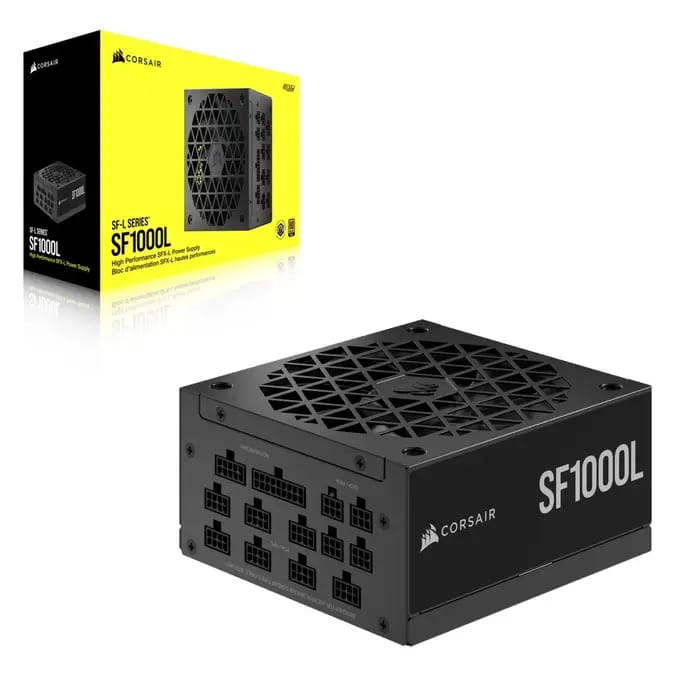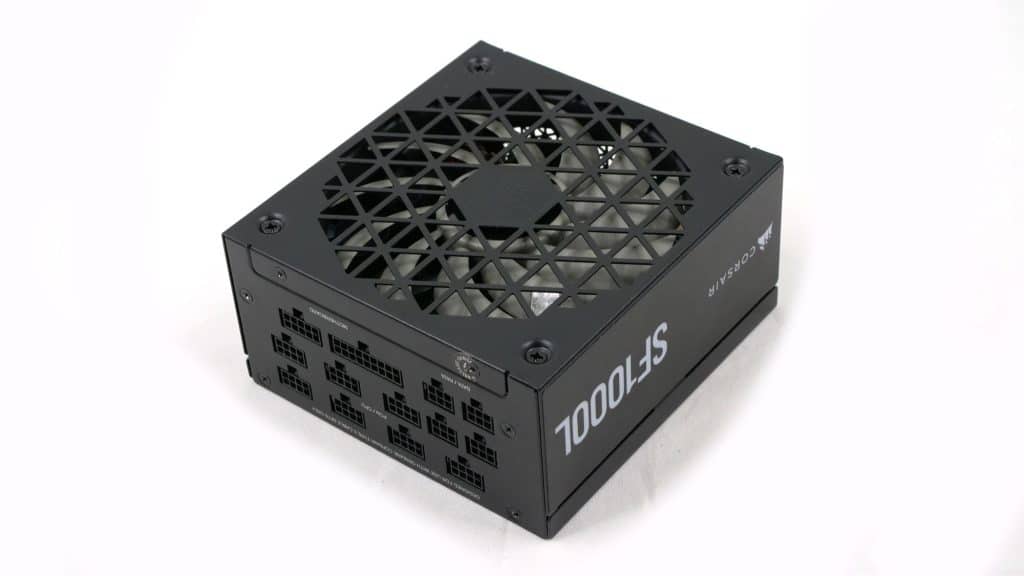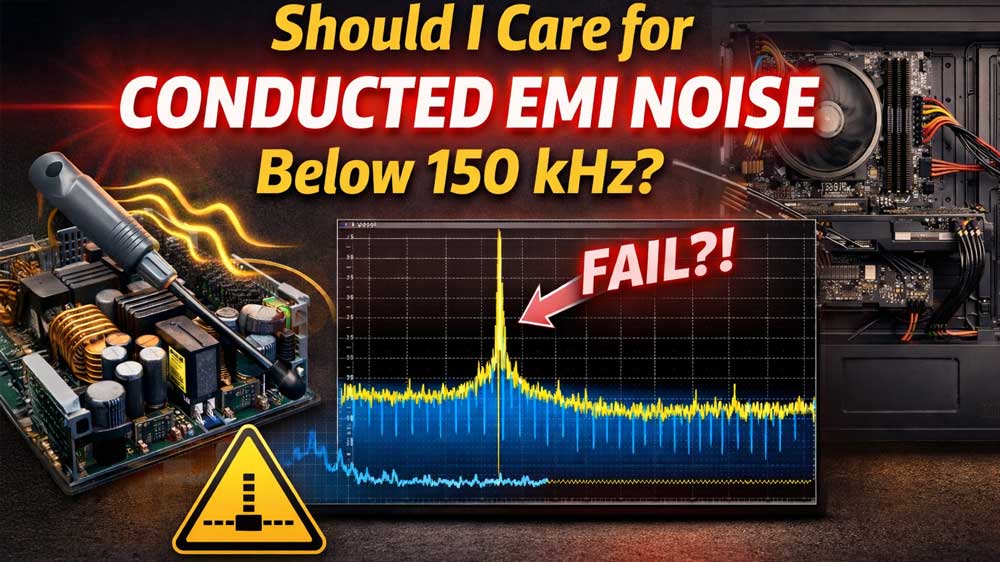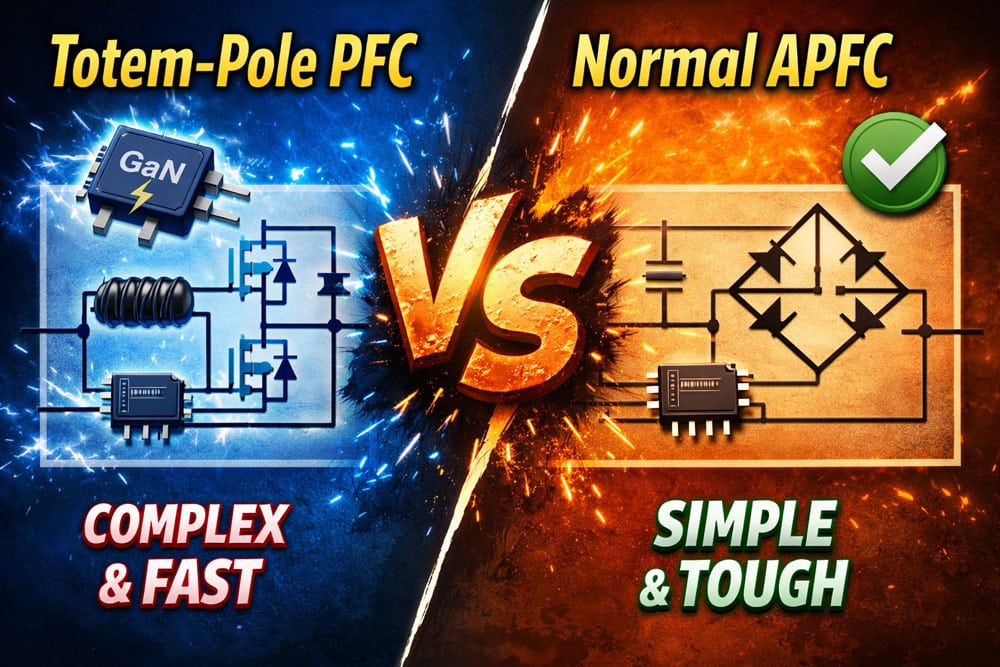Epilogue
The Corsair SF1000L achieves high performance in all areas, offering compatibility with ATX v3.0 and PCIe 5.0. It has enough power to handle a strong gaming system, equipped with an NVIDIA RTX4090 graphics card and a potent processor. However, once you push it above 450W, noise output will notably increase, and at higher loads, the PSU will be annoyingly loud. This is a powerful small-factor PSU, so I shouldn’t be extra picky when it comes to noise output, and this would be the case if other similar dimensions and capacity units weren’t notably quieter under the same operating conditions. For instance, using a similar GW platform, the Asus Loki SFX-L model with 1000w max power is dead silent. So I can’t help but wonder why GW didn’t tune the SF1000L accordingly to offer the same low noise output. The 150W maximum combined power on the minor rails doesn’t help at light and moderate loads when it comes to my noise testing. Corsair should limit it to 100W combined, which is valid for most modern platforms.
If you don’t have a problem with the increased noise output at above-moderate loads, the Corsair SF1000L offers top performance and a very good price. All competition offerings are notably more expensive and cannot reach the performance levels of the SF1000L. The only section that the last doesn’t do good is noise output. If you require a silent operation, you should go for the Asus Rog Loki 1000W. The Thermaltake Toughpower SFX(L) 1000 is less noisy than the SF1000L.
To check all alternative PSU offerings, read my Best ATX v3.0 PSUs article before investing in a new power supply. You help me a lot by using my affiliate links, which don’t increase the product’s price. I get a commission from Amazon every time you do it, which can make a difference for me, especially now that I am on my own, working exclusively for my media and not for someone else.
- Top performance
- Top build quality
- Good price
- ATX v3.0 and PCIe 5.0 ready
- Top transient response
- Properly configured OCP at 12V and OPP
- Efficient
- Highly efficient 5VSB rail
- Tight load regulation
- Goold ripple suppression
- Long hold-up time
- Accurate power ok signal
- Low vampire power
- Alternative Low Power Mode (ALPM) compatible
- Fully modular
- Enough connectors, including a 12VHPWR (600W)
- Fluid dynamic bearing fan
- SFX-to-ATX adapter bracket provided
- Seven-year warranty
- Noisy at above moderate and at high loads
- High OCP triggering points on the minor rails
- Not-so-high PF readings





Hello, could you please help me choose a PSU, I would like to avoid getting the “new” type 12+4 connector on PSU (I do not like all that possible melting issues), I like what corsair used to do, having used adaptor instead to plug 2x 8 pin connectors to PSU and 12+4 into the GPU but I can not find a “list” of PSU that do not have 12VHPWR on the PSU physically, but rather use 2×8 pin adaptor instead to power high energy GPUs, could you guide me in the right brand to look at in 1000 W PSUs please?
I would like to clarify since I am not sure my first message is clear enough. I would like ATX 3.1 power supply but the type that uses 2x 8 pin connector to power up the 5070 and higher RTX GPUs, not the “modern” 12V-2×6 (or pcie 5.0 or whatever the new plug is called) on both ends (PSU and GPU).
Some PSUs, like for example Corsair HX1000i does not use the new type connector on PSU side at all – which I prefer after seeing some thermal camera videos of the new cables being way too warm delivering 600 W to 5090s, it rather uses 2x classic 8 pin connector to deliver power to the GPU (GPU cable ends with the new type 12V-2×6 connector).
And other than checking each PSUs individually, I do not know how to tell if it has or has not the pcie 5.0 or 12V-2×6 on the PSU.
Models I found that should not have that are Corsair HX1000i (but that one is a bit costly around 260 usd incl. 20% tax at my location) Corsair RM1000x SHIFT (around 215 usd incl. 20% tax) – it should just barely fit my case, I would need to test and see.
Or I could just forget all that overheated cable info and get FSP Fortron Vita GM 1000 for 135 usd (incl. 20% tax), but then again, “standard” 8 pin connectors are something I would prefer for a PC part that will last me quite a few component upgrades.
I would greatly appreciate your input.
Have a nice day
Super Flower PSUs use proprietary connectors as I remember. And some Corsair units too. I don’t remember all I am afraid but you can easily go through my reviews here and check photos.
Can your reviews add coil whine testing… Certain loads with coil whine Dba test results or something. I found all the Corsair PSUs appear to have some coil whine under load. Asus Loki apparently has as much if not more coil whine. Apparently Seasonic PSUs have less coil whine but a lot of complaints about fan noise (I replace fans in my PSUs) :P. I do like the Corsair PSUs, I build for silence so coil whine under load conditions defeats this goal.
Actually most complain for coil whine in the seasonic Vertex. We do test for coil whine but the fact is that we only get 2 samples per unit. If we notice coil whine we mention that in the reviews.
Another excellent review, Aris – thank you! It’s safe to say that I wouldn’t even consider buying a PSU without your thorough review. I do wonder though, I noticed that the unit is actually Platinum rated according to:
https://www.clearesult.com/80plus/sites/80plus/files/manufacturer-certificate/CORSAIR_RPS0156%20%28CP-9020246%29%20%28SF1000L%29_1000W_SOCE%206912_Report.pdf
Perhaps this was a marketing choice by Corsair, but even so, an odd one!
I’m currently torn between the Corsair SF1000L (noise isn’t a concern as long as the fan does its job), the Thermaltake Toughpower 1000W, and the ROG-Loki. However, I’m hesitant about the ROG-Loki due to reported coil whine issues. If you could only recommend one SFX-L 1000W+ PSU, which would you choose (even if not listed)?
Thanks in advance for your insights!
It is Platinum in Cybenetics, because of the different methodology that it uses compared to 80 P.
I don’t have an Asus Loki review sample so far and this troubles me. Asus marketing in general is so so, rarely sending out review samples.
I would go for the Corsair SFX-L. Currently it is the best option, especially if you don’t care about noise at high loads.
Thank you very much Aris – I’ve gone with the SF1000L!
Glad I helped!